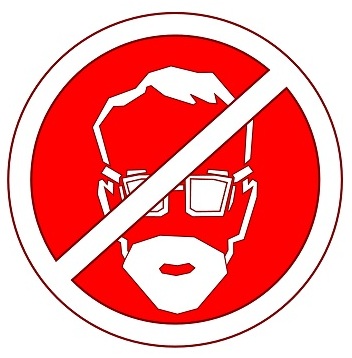 Project Glass not likely to offer augmented reality at launch
Project Glass not likely to offer augmented reality at launch
Google’s Project Glass has been receiving limited attention in recent months, largely due to the fact that Google has pumped the brakes on its promotional campaigns concerning the augmented reality glasses. Project Glass remains in a state of early development, but several prototype models have been seen in the real world, outside of Google’s laboratory. There have been rumors circulating that Project Glass will not actually include augmented reality technology, a feature that drew in the majority of attention concerning the high-tech eyewear. These rumors may actually be true.
Head engineer notes that augmented reality is not an immediate goal
Project Glass head engineer Babak Parviz has announced that augmented reality is not an immediate goal for the project. This may come as a shock for consumers that have been looking forward to the high-tech eyewear because Google has been very adamant about the inclusion of augmented reality technology in Project Glass. When the glasses were first unveiled in early 2012, augmented reality was billed as one of the project’s primary features.
Google faces criticism for hyping augmented reality
For several months after the unveiling of Project Glass, Google has been pushing the idea that augmented reality would be one of the cornerstone features of the glasses. According to Parviz, however, augmented reality has been difficult to incorporate into the project. As such, augmented reality may be completely absent from the commercial launch of Project Glass. Instead, the eyewear will come with an application programming interface that will allow developers to create their own applications.
Developers able to create their own applications for Project Glass
The application programming interface will be able to support augmented reality applications and Project Glass itself will certainly be equipped with the hardware necessary for these applications to run smoothly. Future incarnations of Project Glass may include augmented reality of its own, but the technology is not likely to be seen in the first commercial products that are released from Google.

 Internet giant Google has settled with the FTC (Federal Trade Commission) in regards to its antitrust lawsuit that allows smaller players in the mobile industry access to mobile patents. The move is said to lower the amount of suits related to patent holders.
Internet giant Google has settled with the FTC (Federal Trade Commission) in regards to its antitrust lawsuit that allows smaller players in the mobile industry access to mobile patents. The move is said to lower the amount of suits related to patent holders.